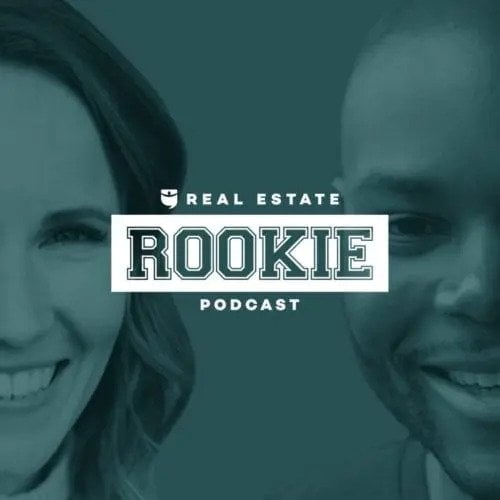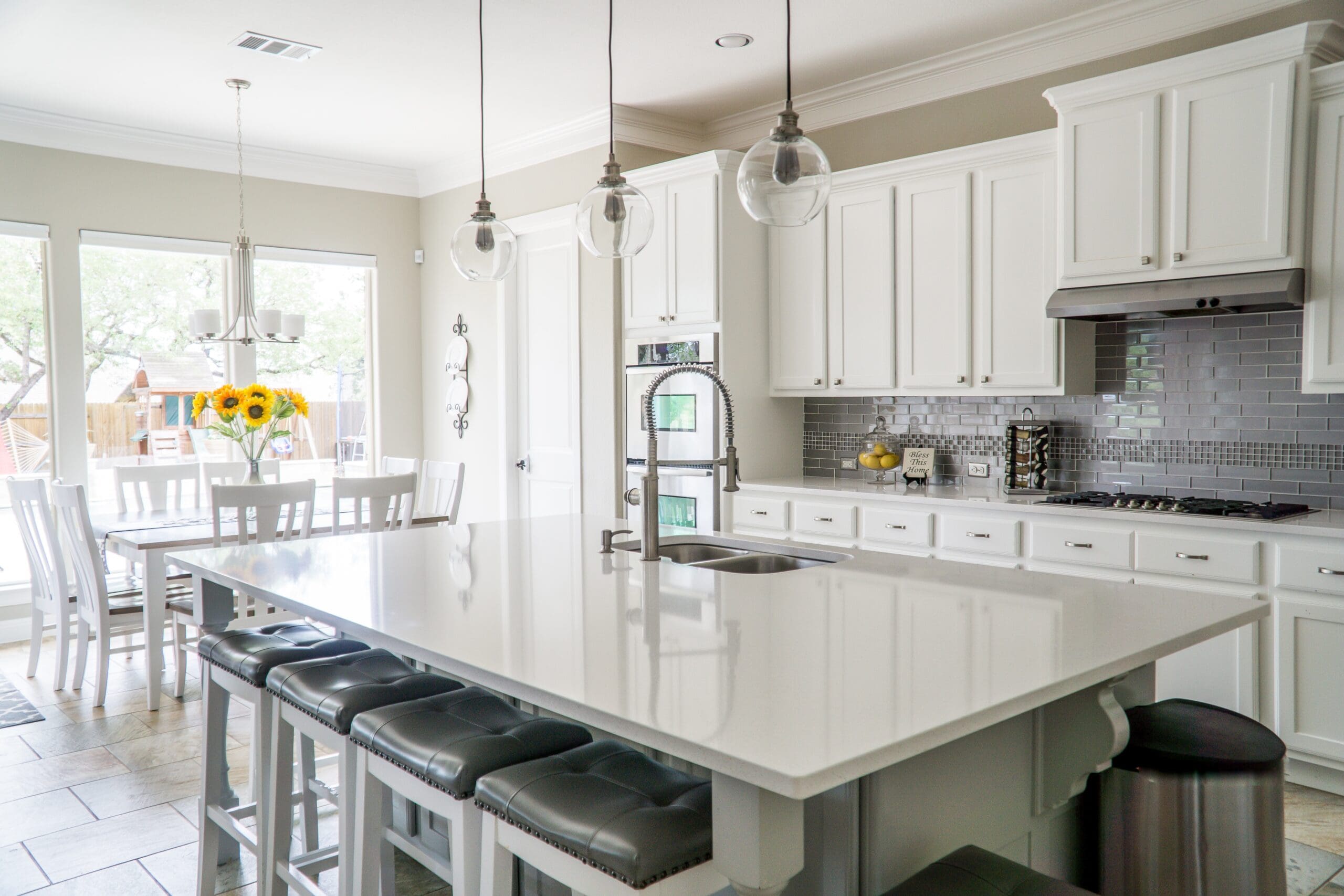When most new investors think about getting into real estate, they picture buying a single-family home or maybe a small multifamily property. But with home prices staying high and mortgage rates making traditional rentals harder to cash flow, rookie investors are starting to look at an overlooked opportunity: mobile homes.
In 2025, mobile home investing is no longer a hidden niche. Thanks to nationwide demand for more affordable housing—and the lower cost of buying and renovating mobile homes—investors are finding this strategy offers strong returns without needing huge amounts of capital to get started. In fact, according to Business Insider, flipping and renting mobile homes has become one of the fastest-growing trends among real estate investors this year.
If you’re just getting started in real estate and looking for a way to build cash flow without stretching your budget too thin, mobile homes might be the perfect path for you. We’ll break down why mobile home investing is booming right now, the pros and cons, and simple tips to get started.
Why Mobile Homes Are Gaining Popularity in 2025
Across the country, rookie and experienced investors alike are paying closer attention to mobile homes—and for good reason. With rising home prices, high interest rates, and a growing affordability crisis, demand for lower-cost housing options is skyrocketing. Mobile homes, also known as manufactured homes, offer an affordable solution for both renters and buyers struggling to find traditional housing they can afford.
For investors, this shift presents a major opportunity. Mobile homes typically come with lower acquisition costs than single-family houses, meaning you can get into a rental property or flip project with less upfront capital. Plus, the competition for mobile home deals is often much lower compared to traditional real estate, giving rookie investors a better chance of finding a profitable deal without getting outbid by large institutional buyers.
According to the Manufactured Housing Institute, manufactured homes are about 23% more affordable than site-built homes on average. At the same time, occupancy rates for mobile homes are climbing, especially in suburban and rural areas where affordable housing options are limited.
This combination of low supply, high demand, and favorable price points is exactly why mobile home investing is gaining momentum in 2025—and why it’s worth serious consideration for anyone looking to start or grow their real estate portfolio.
Pros of Investing in Mobile Homes
For rookie investors looking for a lower-cost entry into real estate, mobile homes come with a lot of advantages that can make your first few deals easier—and potentially more profitable.
Lower purchase prices and renovation costs
Compared to traditional single-family homes, mobile homes often cost significantly less to buy and fix up. This smaller investment can lower your risk while still offering solid returns. In many markets, you can buy a mobile home for the price of a down payment on a site-built house.
Strong tenant demand for affordable rentals
With rent prices rising across the board, many renters are actively seeking more affordable options. Mobile homes can fill that gap by offering lower monthly rents than apartments or houses but still delivering strong cash flow for investors.
Higher cash-on-cash returns
Because mobile homes require less money upfront, the cash-on-cash returns (your return based on the cash you invest) are often higher than what you’d see with a traditional rental. Even modest rent can represent a big percentage return when your total investment is lower.
Easier to self-manage or outsource
Managing a mobile home property—especially a single unit or a few homes—is often simpler than managing a large multifamily property. Plus, property management fees for mobile homes are generally lower, which means you keep more of your cash flow.
For rookies looking to build confidence, gain experience, and start stacking small wins, mobile homes can offer a much more approachable way to get into real estate compared to jumping straight into expensive or highly competitive markets.
Challenges to Know Before Jumping In
While mobile home investing comes with many upsides, it’s important to understand the challenges before diving in. Like any investment strategy, there are risks to be prepared for.
Financing can be tougher
Getting a loan for a mobile home isn’t always as easy as it is for a single-family house. Many traditional lenders won’t finance older mobile homes, and some will only finance if the home is attached to a permanent foundation. Even if financing is available, down payments might be higher, and interest rates could be slightly less favorable than for site-built properties.
Land ownership matters
One of the biggest factors to consider is whether the mobile home sits on land you’ll own or land you’ll rent (like in a mobile home park). If you don’t own the land, you’ll have to factor in lot rent fees—and park rules can sometimes limit what you can do with the property. Owning both the land and the home typically gives you more control and value.
Extra due diligence is required
Mobile homes come with their own unique paperwork and regulations. You’ll need to check for clear title ownership (sometimes, older mobile homes don’t have it), confirm zoning compliance, and understand any park-specific rules if you’re buying inside a community. Missing a detail here can turn a good deal into a headache fast.
Perception challenges (but it’s changing)
Mobile homes have historically carried a stigma that can sometimes make resale or tenant placement slightly trickier—especially in certain areas. However, that perception is changing quickly as affordable housing becomes a top priority across the country.
Bottom line: Mobile homes can be a fantastic entry point for rookies, but they require doing your homework and understanding the unique aspects of this type of investing before jumping in.
Tips for Getting Started With Mobile Homes
If you’re excited about the idea of investing in mobile homes, here are a few rookie-friendly tips to help you get started the right way:
Start small and simple
Your first mobile home deal doesn’t have to be complicated. Look for an older unit that needs minor cosmetic updates rather than major repairs. Light renovations like paint, flooring, and small fixes can quickly boost the home’s value without overwhelming you or your budget.
Research local market demand
Not every market is strong for mobile homes, so take the time to research. Look for areas where affordable housing is limited, but job opportunities are steady—especially blue-collar markets, retirement-friendly towns, and rural areas near growing cities. High demand means lower vacancy risk and better returns.
Understand the land situation
Always verify if the home comes with the land or if it’s located in a park. If it’s in a park, make sure you clearly understand the lot rent costs, rules for investors, and whether park management allows rentals (some parks prefer owner-occupants only). Owning the land can give you more flexibility and appreciation potential.
Build relationships with park managers
If you plan to invest in homes inside parks, having a good relationship with the park manager can be a game changer. They often know about available homes before they hit the public market and can recommend you as a trusted investor when other opportunities pop up.
Budget for repairs and upgrades
Even though mobile homes are cheaper to repair than traditional houses, you’ll still want to set aside a repair budget. Common repairs include plumbing issues, HVAC systems, roof resealing, and flooring replacements. A small reserve fund can keep you from getting caught off guard.
Final Thoughts
Mobile home investing might not be the most glamorous strategy out there—but in 2025, it’s one of the smartest plays for rookie investors looking to build cash flow without massive upfront costs. With demand for affordable housing on the rise and lower competition in this niche, mobile homes offer an opportunity to get started faster, with less risk, and often with better returns.
Like any investment, mobile homes come with their own set of challenges. Financing can be trickier, and thorough due diligence is a must. But with the right preparation, a solid market, and a little hustle, mobile home investing can be a powerful stepping stone toward growing your real estate portfolio—and your wealth.
If you’re ready to dive deeper into this strategy, start by learning about your local market, connecting with park managers, and running the numbers carefully. The best way to gain confidence is by taking action, even if it’s small at first. Your first mobile home deal could be the launchpad to much bigger things.
Want more rookie-friendly investing tips?
Be sure to check out our latest posts, connect with other new investors, and start building your real estate network. The opportunity is out there—you just have to take the first step.
The Real Estate Rookie Podcast
New to real estate investing and not sure where to get started? Join Ashley Kehr and Tony J Robinson every Tuesday and Thursday as they break down the basics with real-world deal analysis, investor interviews, and listener Q&A. Tune into the BiggerPockets Rookie Podcast to learn about real estate investing for beginners and get inspired by newbies who are making it happen.

















 English (US) ·
English (US) ·